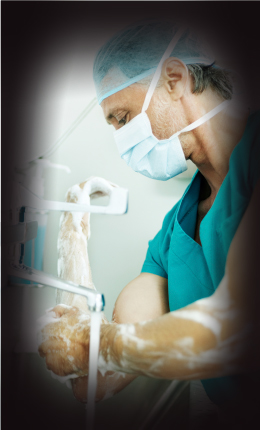THE BENEFITS OF DONATION AFTER CIRCULATORY DEATHDonation After Circulatory Death (DCD) gives the family of the patient an additional option for organ donation. If a patient wishes to be a donor, DCD is an additional way to honor the individual’s final wishes and leave a legacy.
Recipients are not the only people who benefit. Because of the recipient’s renewed chance at life, his or her family is able to enjoy more quality time together. Organs from DCD donors are proven to have similar outcomes as those from donations after brain death. Studies demonstrate that new techniques have made the results virtually equal. Implementation of DCD policies in U.S. hospitals, transplant programs and Organ Procurement Organizations (OPO) could lead to lifesaving outcomes for 10,000 patients each year. |
DCD is not experimental. It is supported by the Institute of Medicine (IOM), the Society for Critical Care Medicine and the Association of Organ Procurement Organizations (AOPO).
If, in the process of delivering high-quality end-of-life care, organ donation is possible, then critical care professionals should help enable that outcome.
— Society for Critical Care Medicine, Recommendations for Non-Heart-Beating Organ Donation, 2002

